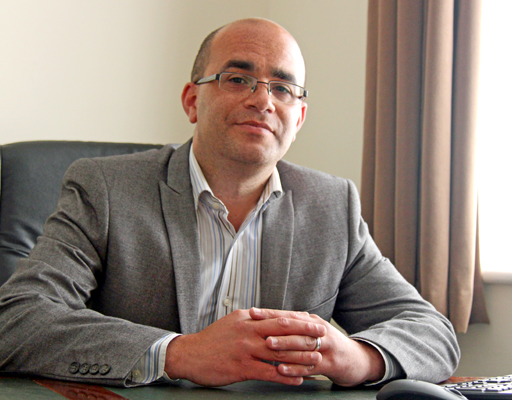

A new law that would not protect those addicted to drugs and alcohol from being discriminated against – unless those drugs were prescribed by a doctor – could put thousands of islanders’ lives at risk, a charity executive has warned.
Ministers are looking to implement new legislation that would allow individuals to take discrimination claims to a tribunal if they felt they had experienced discrimination at work, school, clubs or elsewhere on the basis of disability or impairment.
But, as it currently stands, the draft law only protects those addicted to substances they have been prescribed by a doctor, rather than those addicted to alcohol, nicotine or illegal drugs.
Since then, two experts in drug and alcohol addiction have spoken out against the move, warning that thousands of islanders could be put at risk as a result, and arguing that chemical dependency should also be treated as a disability.
Writing to a Scrutiny panel tasked with reviewing the draft Disability Discrimination law, Jane Finlay, Manager of the Alcohol and Drugs Service, described the addiction loophole as “perverse.”
“…It feels that individuals who develop addictions from psychosocial reasons are being discriminated against but those whom develop an addiction through the actions of a Doctor would be treated differently and be considered to have a disability,” she said.

Pictured: The proposed legislation would not offer any discrimination protection to those hooked on mood-altering substances.
Jason Wyse, CEO of Silkworth Charity Group, who has helped those struggling with addiction for over a decade, echoed these comments, noting tht "the impact of both scenarios is the same where the outcome for many leads to Chemical Dependency."
He warned that the impact of excluding the "thousands" of addicts in Jersey from being protected by legislation could be "catastrophic" and a "huge set back" for the island community because it may "deter people from seeking help."
"I must highlight that an alcoholic/addict does not choose to be dependent on a mood-altering substance.
"Over recent years, there has been a lot of work carried out within our community to raise the awareness of addiction as an illness and to remove the stereotypical attitudes towards alcoholics and drug addicts. By not including reference to those that suffer with addiction to mood altering substances, the minister is potentially putting a lot of lives of individuals and their families at risk, as excluding this illness is itself discriminating against those that have an illness that maybe many people do not understand," he commented.
Mr Wyse added that employers are increasingly seeking "guidance on how to manage staff that suffer with this illness, and are working towards implementing comprehensive drug and alcohol policies in line with best practice", but feared that the legislation would "set this progressive thinking back many years."

Pictured: Jason Wyse, Silkworth CEO.
The Chair of the Health and Social Security Scrutiny Panel, St. Ouen Deputy Richard Renouf, is due to take up the cause in the next States Assembly meeting.
In it, he will grill the Chief Minister over why those addicted to alcohol and drugs are not protected by the proposed new law, despite aims to align Jersey with the UN’s principles on disability, which state that people with disabilities or long-term mental impairments should have “full and equal enjoyment of all human rights and fundamental freedoms.”
Chief Minister Senator Ian Gorst will respond tomorrow.
Comments
Comments on this story express the views of the commentator only, not Bailiwick Publishing. We are unable to guarantee the accuracy of any of those comments.